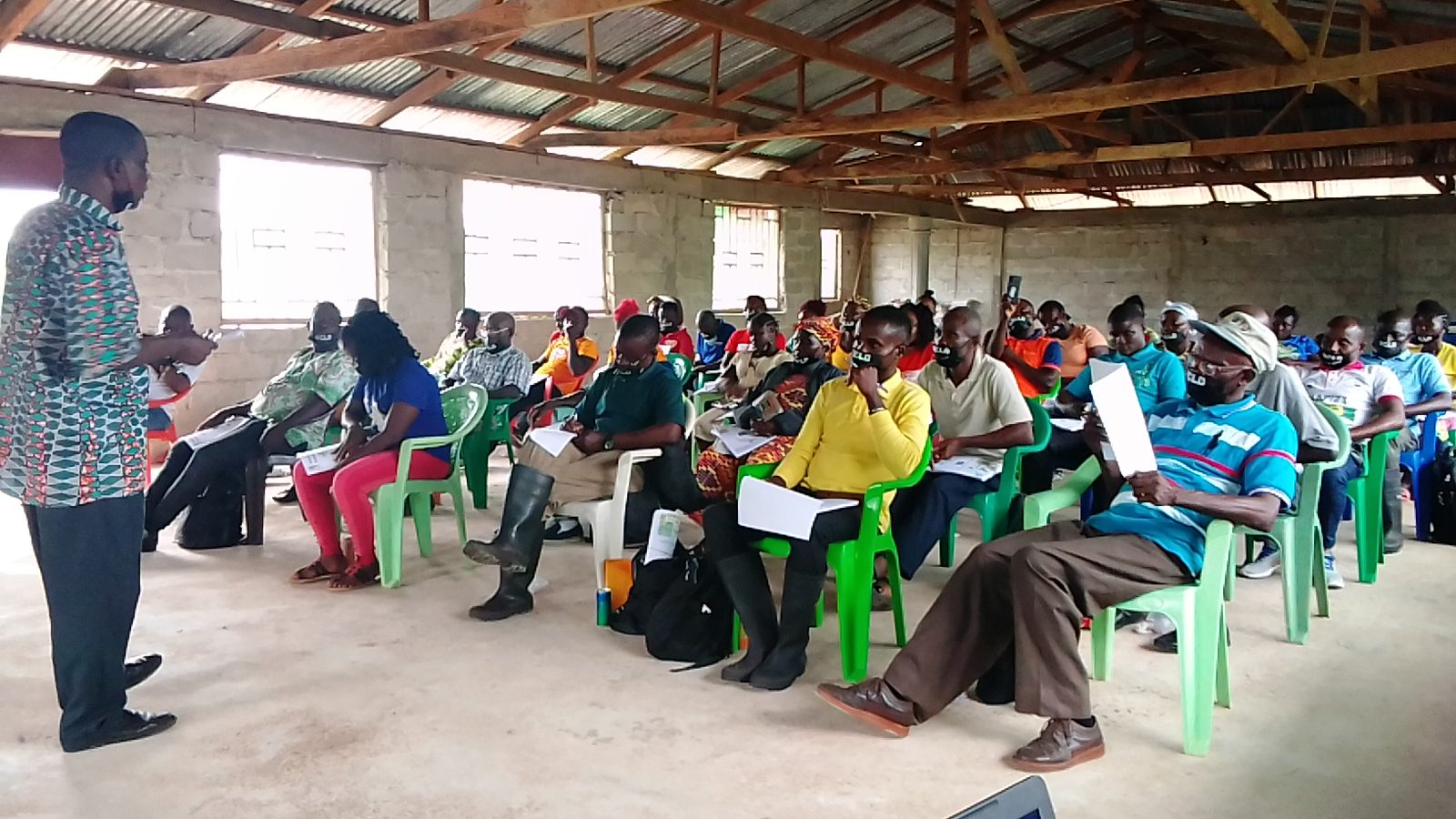Authors: Pascal Djohossou, Sera Bulbul and Ann Hendrix-Jenkins & many co-creators.
Worldwide, international and domestic development efforts are in a time of deep reckoning. The pandemic, climate crisis, growing inequality, and growing critiques of international ‘aid’ presumptions, systems, and actual impacts are fueling global dissatisfaction with the status quo, and calls to co-create new ways forward. The lens of decolonization highlights the need to revisit fundamental questions including: What counts as knowledge? How can diverse people, both individually and collectively, choose to embody voice, agency, and dignity?
At the Movement for Community-led Development (MCLD), we suggest that each person, community, and culture must answer these questions for themselves. Throughout human history, countless communities have proven capable of transforming their own complex local systems. Today, we see how some communities are still co-creating ways forward to resiliency and well-being. We also see the power of networking these local systems together to enable whole regions and countries to maximize peer learning, efficiency, and sustainability. In this article, we share a framework, the community-led worldview of systems change, that can guide such efforts, beginning with intangibles that can lead to tangible change.
The content of both articles in this series were generated from the input of over 300 movement members, gathered through in-depth interviews, collective and ongoing dialogue and feedback, and an online survey.
Keywords: community-led development; systems change; social movements; knowledge decolonization; transformation; locally-led development; localization; resilience
Creating spaces for knowledge decolonization: changing relationships and shifting power dynamics for co-creation across the Movement for Community-led Development. Part 2
The Movement for Community-led Development (MCLD) envisions alternatives to neo-colonial habits and structures, co-creating new ways to come together as we move away from top-down, expert-driven development. The process of creating our inclusive space has helped movement members nurture trust, experiment, and learn together along the way, with successes, ambiguous results, and valuable failures. In the first article in this series, we introduced the community-led worldview of Systems change,a framework that begins with intangibles that can lead to tangible change.
This second article offers ten recommendations for taking action to decolonize knowledge and foster authentic community-led development. The recommendations highlight the experiences and wisdom of our movement members and unpack core values of true community-led development, with specific implications for diverse stakeholders. From centering local knowledge to agency to focusing on facilitation and co-creation, the recommendations describe innovations made possible by the perspective of community-led development.
The content of both articles in this series was generated from the input of more than 300 movement members, gathered through in-depth interviews, collective and ongoing dialogue and feedback, and an online survey.
Ten Ways to Decolonize Knowledge and Nurture Community-led Development
- Start with the heart: fall in love with what is happening.
- Power dynamics are often broken: fix them constantly, intentionally, artfully.
- Foster growth mindsets (and root out “learned helplessness”).
- Process, Process, Process, built on adept facilitation.
- Co-create a shared space where everyone has a part to play.
- Communities are experts: Look within.
- Recognize that the power that fuels and sustains progress is intangible.
- Plan for decades, while acting in the present.
- See that we are all interconnected: partner and collaborate inclusively.
- Aim strongly for authentic, literal transformation–a truly changed local system.


